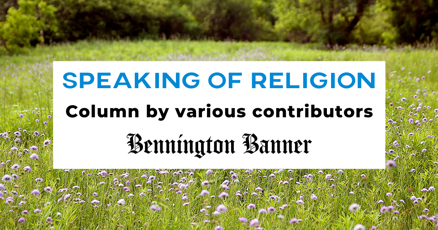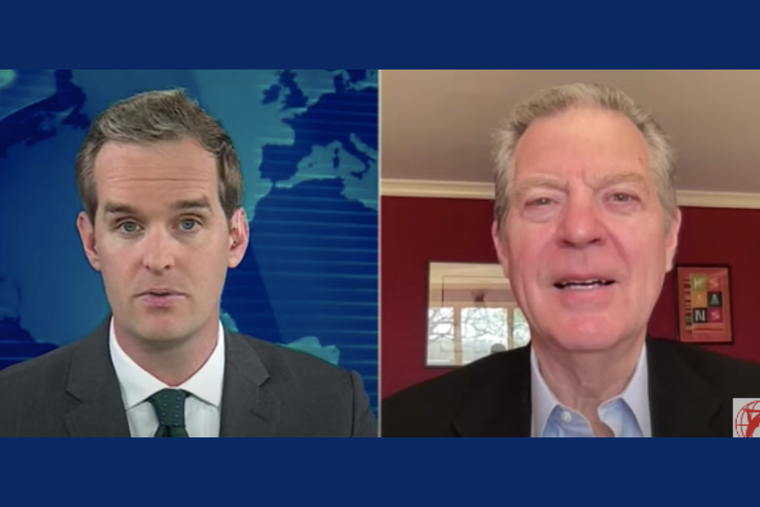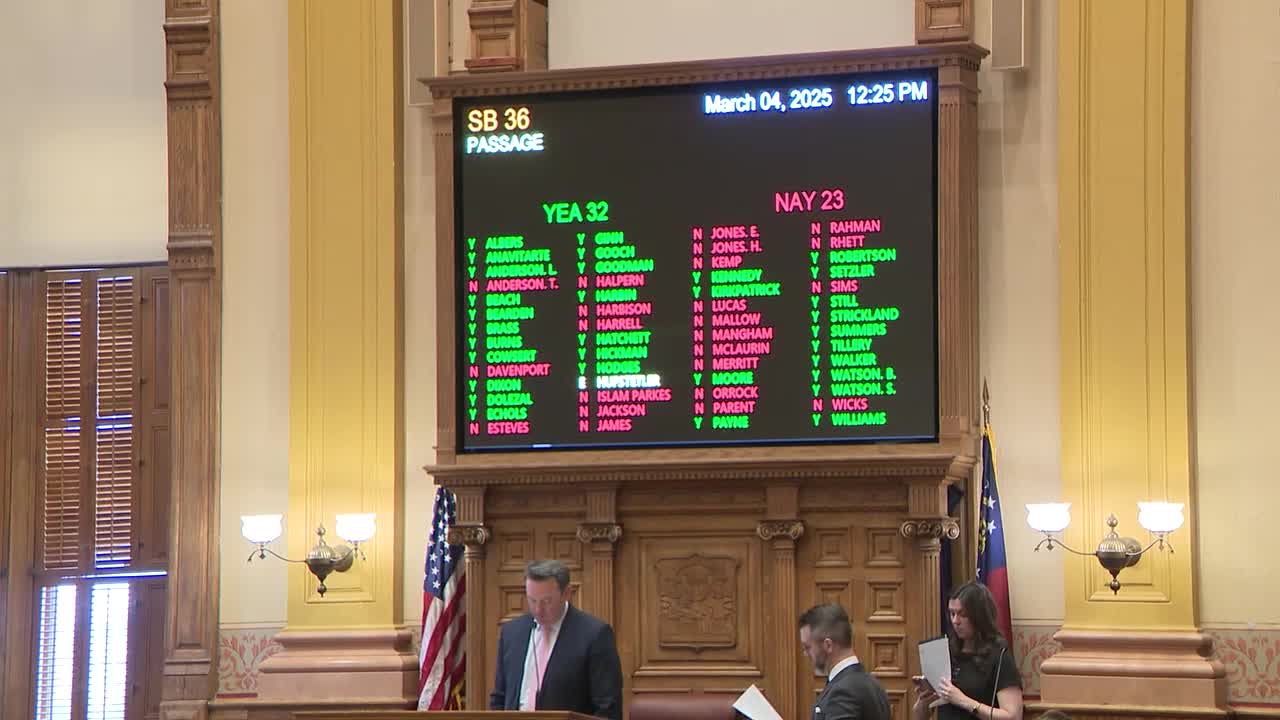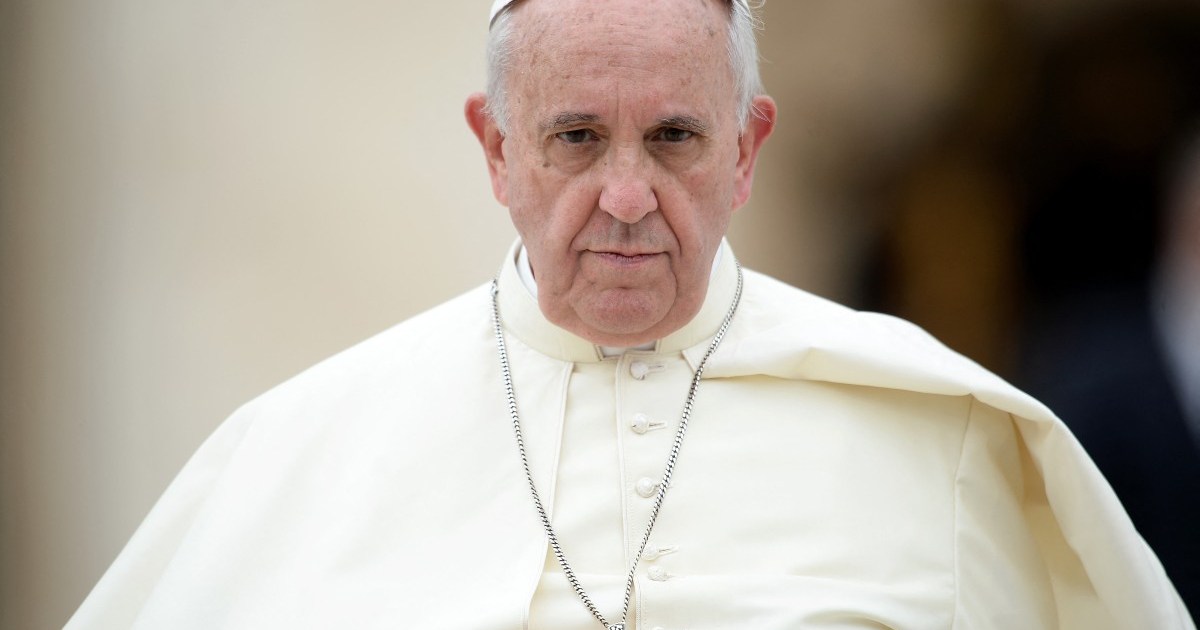Religious Freedom Showdown: Poilievre Breaks Ranks with Bold Stance
Religion
2025-04-10 12:00:00Content

In a controversial move that sparked intense national debate, Quebec's government under Premier François Legault enacted Bill 21 in 2019, a legislative measure that significantly restricts religious expression in public sector employment. The law effectively prohibits certain public sector workers, including teachers, judges, police officers, and government administrators, from wearing visible religious symbols while performing their professional duties.
This sweeping legislation has been widely criticized as discriminatory, targeting individuals who visibly express their religious identity through traditional attire such as hijabs, turbans, kippas, and large religious crosses. Proponents argue the bill promotes secular values and state neutrality, while opponents view it as a direct infringement on religious freedom and individual rights.
The bill has not only divided public opinion but has also faced numerous legal challenges, with human rights organizations and affected communities arguing that it disproportionately impacts religious minorities. Despite the controversy, the Legault government has remained steadfast in its defense of the legislation, positioning it as a crucial step in maintaining Quebec's distinct secular identity.
As the debate continues, Bill 21 remains a polarizing symbol of the ongoing tension between religious expression and state secularism in Quebec's complex social landscape.
Religious Symbols Ban: Quebec's Controversial Legislative Landscape Unveiled
In the heart of Canada's diverse cultural mosaic, Quebec stands at a critical juncture of legislative controversy, where the delicate balance between secularism and individual religious expression has sparked intense national dialogue and profound constitutional debates.Challenging the Boundaries of Religious Freedom and State Neutrality
The Genesis of Bill 21: Understanding Quebec's Legislative Motivation
The Quebec government's legislative approach to religious symbols represents a complex intersection of cultural identity, state secularism, and individual rights. Emerging from a long-standing philosophical tradition of laïcité, or strict secular governance, Bill 21 embodies a provocative attempt to define the boundaries between personal belief and public service. Proponents argue that the legislation ensures governmental neutrality by preventing religious expressions within public sector employment. The law strategically targets specific professional domains, including educators, law enforcement personnel, and judicial representatives, effectively creating a standardized professional appearance that ostensibly eliminates potential religious bias.Constitutional Implications and Legal Challenges
The legislative framework has triggered unprecedented legal scrutiny, with constitutional experts dissecting its potential violations of fundamental human rights. Multiple legal challenges have emerged, questioning the bill's compatibility with Canadian Charter protections and fundamental freedoms. Constitutional scholars argue that Bill 21 disproportionately impacts minority religious communities, creating systemic barriers to public sector employment. The legislation's broad sweeping provisions potentially marginalize individuals based on their religious identities, raising significant concerns about discriminatory practices.Societal Impact and Community Responses
The implementation of Bill 21 has generated profound ripple effects across Quebec's social landscape. Religious communities, particularly Muslim, Sikh, and Jewish populations, have experienced substantial professional and personal challenges in navigating these restrictive regulations. Community organizations have mobilized extensive advocacy campaigns, highlighting the legislation's potential long-term societal consequences. These efforts aim to illuminate the human stories behind the legal text, demonstrating how such policies can fundamentally alter individual professional trajectories and community integration.International Perspectives on Secularism and Religious Expression
Quebec's approach to religious symbols exists within a broader global conversation about secularism and religious accommodation. Comparative analyses with European models, particularly France's strict secular traditions, provide nuanced insights into different approaches to managing religious diversity in public spaces. International human rights organizations have closely monitored the legislation, offering critical perspectives that challenge Quebec's interpretative framework of state neutrality. These external viewpoints contribute additional complexity to the ongoing national dialogue about religious freedoms and governmental responsibilities.Economic and Professional Ramifications
Beyond constitutional debates, Bill 21 introduces significant economic and professional implications. Potential talent recruitment challenges, decreased workplace diversity, and potential legal compensation claims represent substantial systemic consequences that extend far beyond immediate legislative intentions. Professional associations have expressed concerns about potential brain drain and reduced attractiveness of Quebec's public sector employment market. The legislation potentially creates invisible barriers that might discourage qualified professionals from pursuing careers in critical public service domains.Future Trajectory and Potential Modifications
As legal challenges progress and societal perspectives evolve, the future of Bill 21 remains uncertain. Ongoing judicial reviews, public discourse, and potential legislative amendments suggest a dynamic landscape of continuous negotiation and recalibration. The ultimate resolution will likely require nuanced compromise, balancing fundamental rights, cultural identity, and principles of state neutrality. Quebec's experience provides a critical case study in navigating complex intersections of individual belief and collective governance.RELATED NEWS
Religion

Faith, Fruit, and Resurrection: The Unexpected Spiritual Journey of a Humble Raisin
2025-04-30 13:59:00
Religion
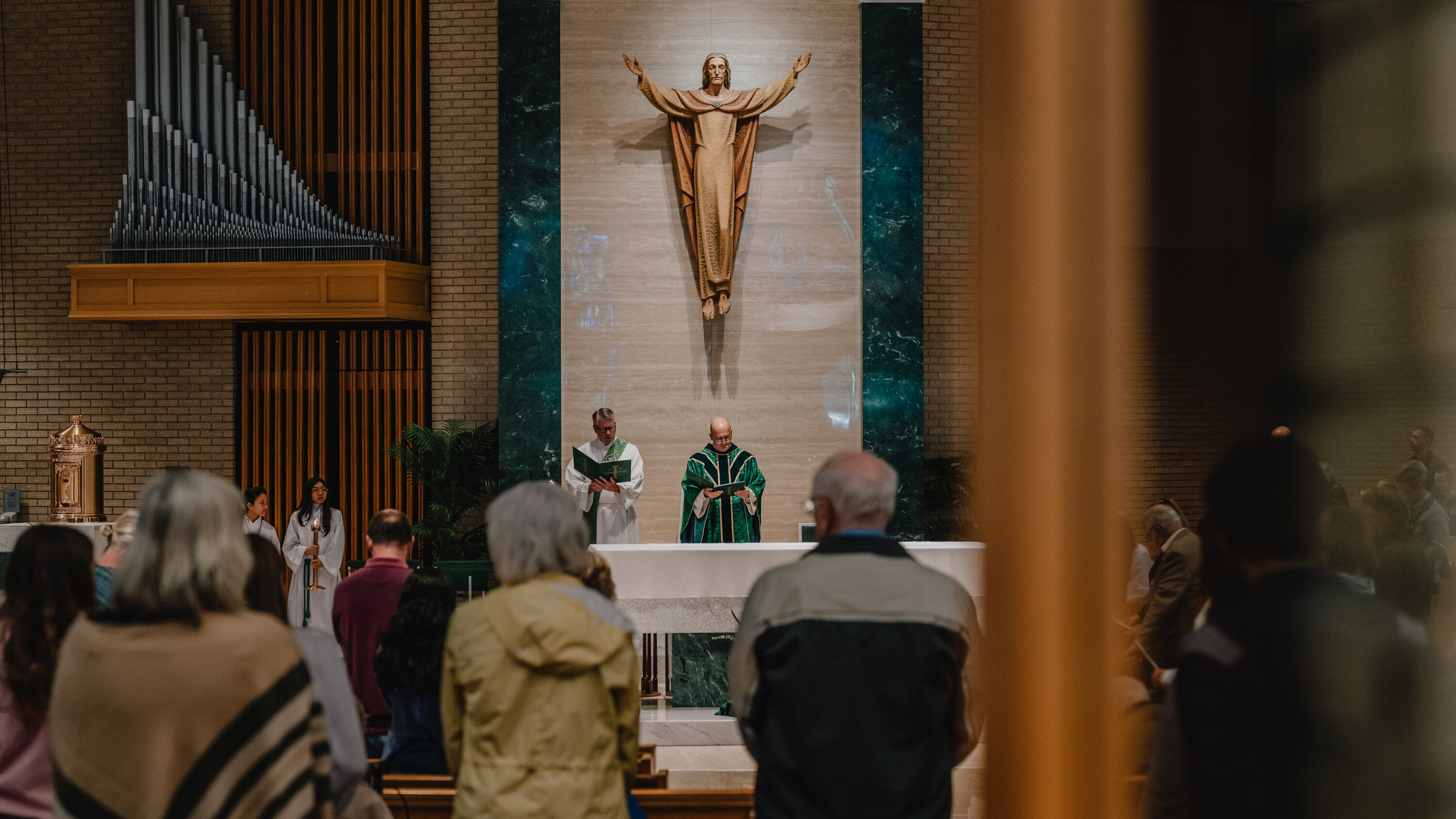
Faith Resilience: New Research Signals Surprising Stability in American Christian Landscape
2025-02-26 11:20:36
